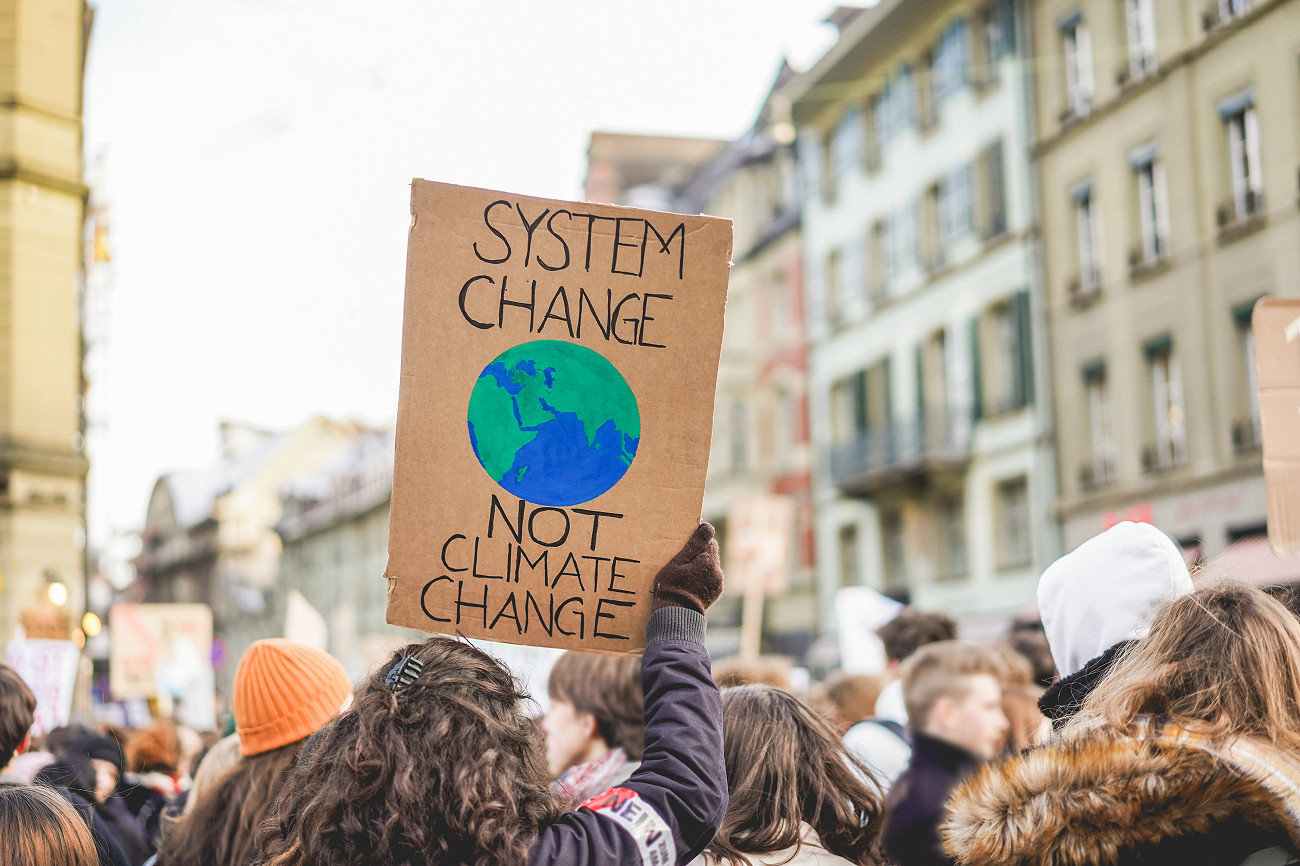This article is an extract from Transmission Private’s monthly newsletter, The Lede, which tracks the world of reputation management for private clients. You can sign up for the newsletter on our website via the tab at the bottom of this article or by completing the form here.
Good morning and welcome to your November issue of The Lede, where we explore climate change, greenwashing and whether the end of the world is your fault.
That’s a bit heavy for a Sunday morning isn’t it? Well yes, but we wanted to get your attention. When something bad happens - and climate change is undoubtedly bad - there is a tendency to want someone to blame. Wealth is an easy target, particularly given the stubbornly prevailing narrative that investors are only concerned with short-term profit. But as our guests - Lombard Odier’s Stéphane Monier and Sussex Partners’ Patrick Ghali - explore in this issue, value and values are not mutually exclusive: there are immeasurable opportunities in building a clean world.
Isn’t that a bit of a cop out? No - the prevailing mood among investors is shifting profoundly towards the realisation that the global economy will be reshaped by net zero, and probably faster than we assumed. If the carrot of getting involved in that once-in-a-lifetime transition early isn’t compelling enough, then failure to act on climate change comes with various sticks, from stranded assets to legislative hardballing.
Where does greenwashing come in? When people start seeing ESG as a PR threat that needs neutralising, at worst through cynical propaganda. Yes, failing to act on climate is a reputational threat, but the only thing worse than the guy burning your house down is the guy burning your house down and pretending they’re helping. People don’t like hypocrites. And ESG can be a reputational opportunity too, if you have a good, true story to tell.
So we should be completely open about our environmental impact? Not exactly. People admire honesty and an earnest effort to rectify a challenging situation. But it’s wise to wait until you’ve actually made progress before going out of your way to talk about it. In fact, a similar message emerged from a recent Transmission Private research paper into tax reshoring - key stakeholders and the general public alike will give you the benefit of the doubt for doing the right thing, even when it is a little late.
What should I do?
Take the time to understand the environmental and social impact of your portfolio, come up with targets and a plan to report on it, and embrace sustainability as a conscious part of your investment philosophy.
Takeaway... everything you do has an impact on climate change and you will be scrutinised for it. Even for wealthy families and individuals who are trying to be sustainable, there is a risk of being unfairly tarred with the same reputational brush as those who are doing nothing, so it’s time to get proactive and set the record straight.

